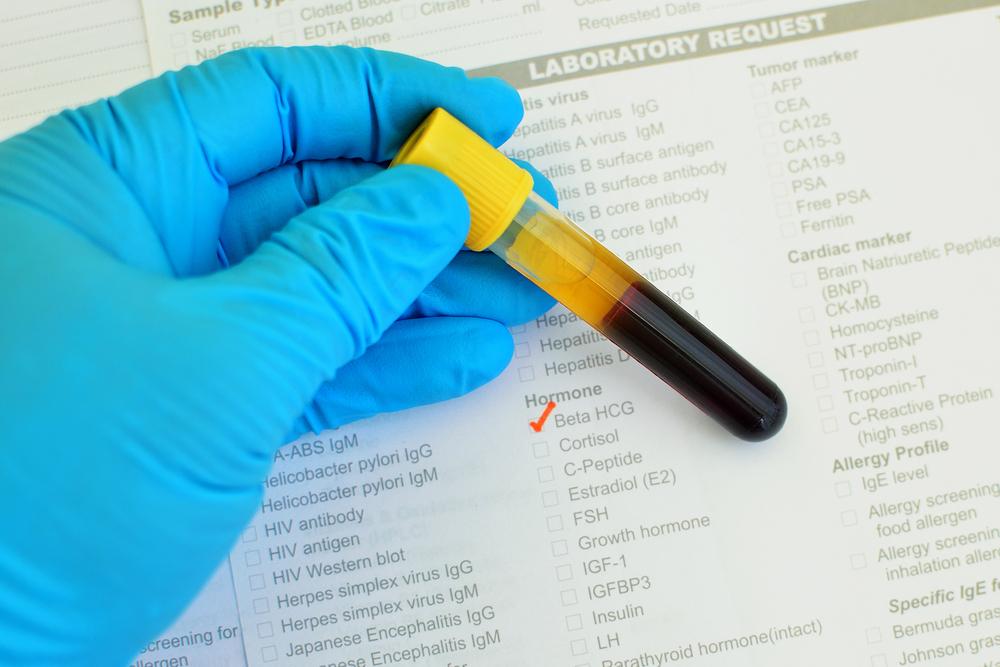Exploring Five Immunotherapy Strategies Against Cancer
This article details five key immunotherapy approaches used to fight cancer. It explains how each method—ranging from immune-stimulating substances to genetically modified viruses—works to target and eradicate tumors. Understanding these innovative strategies can offer hope and new treatment options for cancer patients, highlighting the significance of immune-based therapies in modern oncology.
Sponsored

Immunotherapy, also known as biologic therapy, employs lab-produced or naturally occurring substances to enhance the body's immune defenses and combat cancer. Its goal is to empower the immune system to eliminate existing tumors, halt cancer progression, and prevent metastasis.
There are five main types of immunotherapy treatments:
Non-specific immunotherapies: Such as interleukins and interferons, these stimulate the immune system to attack cancer cells, often used alongside other therapies or alone.
T-cell therapy: This involves modifying a patient's T-cells in a lab to target cancer specifically, then reintroducing them to destroy tumors.
Cancer vaccines: Vaccines designed to either prevent cancer or treat existing tumors by exposing the immune system to specific cancer antigens.
Monoclonal antibodies: Laboratory-made proteins that identify and attach to cancer cell markers, enabling immune cells to recognize and destroy tumors.
Oncolytic virus therapy: Using genetically engineered viruses to infect and kill cancer cells without harming healthy tissue, boosting immune response.






